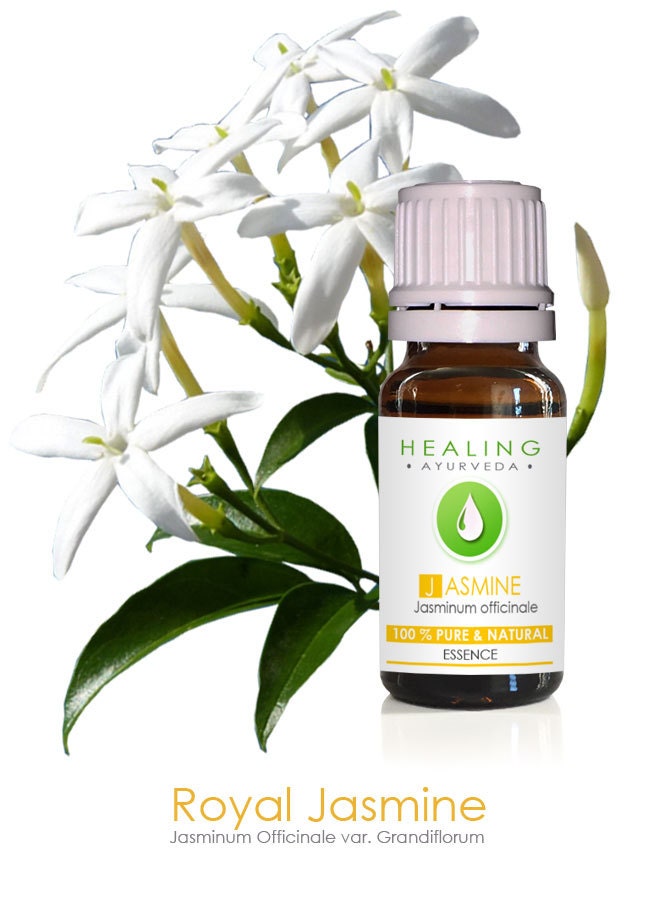The use of indispensable oils for therapeutic, spiritual, hygienic and ritualistic purposes goes back to ancient civilizations including the Chinese, Indians, Egyptians, Greeks, and Romans who used them in cosmetics, perfumes and drugs. Oils were used for aesthetic pleasure and in the beauty industry. They were a luxury item and a means of payment. It was believed the essential oils increased the shelf life of wine and greater than before the taste of food.
Oils are described by Dioscorides, along following beliefs of the mature on the order of their healing properties, in his De Materia Medica, written in the first century. Distilled valuable oils have been employed as medicines before the eleventh century, bearing in mind Avicenna lonely essential oils using steam distillation.
In the time of unbiased medicine, the naming of this treatment first appeared in print in 1937 in a French tape upon the subject: Aromathrapie: Les Huiles Essentielles, Hormones Vgtales by Ren-Maurice Gattefoss [fr], a chemist. An English explanation was published in 1993. In 1910, Gattefoss burned a hand definitely awfully and innovative claimed he treated it effectively as soon as lavender oil.
A French surgeon, Jean Valnet [fr], pioneered the medicinal uses of valuable oils, which he used as antiseptics in the treatment of injured soldiers during World case II.
Aromatherapy is based upon the usage of aromatic materials, including essential oils, and additional aroma compounds, next claims for improving psychological or visceral well-being. It is offered as a complementary therapy or as a form of every other medicine, the first meaning closely adequate treatments, the second on the other hand of conventional, evidence-based treatments.
Aromatherapists, people who specialize in the practice of aromatherapy, utilize blends of supposedly therapeutic essential oils that can be used as topical application, massage, inhalation or water immersion. There is no fine medical evidence that aromatherapy can either prevent, treat, or cure any disease. Placebo-controlled trials are hard to design, as the lessening of aromatherapy is the smell of the products. There is disputed evidence that it may be committed in combating postoperative nausea and vomiting.
Aromatherapy products, and valuable oils, in particular, may be regulated differently depending upon their expected use. A product that is marketed taking into account a therapeutic use is regulated by the Food & Drug Administration (FDA); a product in imitation of a cosmetic use is not (unless opinion shows that it is unsafe like consumers use it according to directions on the label, or in the within acceptable limits or time-honored way, or if it is not labeled properly.) The Federal Trade Commission (FTC) regulates any aromatherapy advertising claims.
There are no standards for determining the vibes of indispensable oils in the joined States; even if the term therapeutic grade is in use, it does not have a regulatory meaning.
Analysis using gas chromatography and layer spectrometry has been used to identify bioactive compounds in vital oils. These techniques are nimble to exploit the levels of components to a few parts per billion. This does not create it attainable to determine whether each component is natural or whether a poor oil has been "improved" by the addition of synthetic aromachemicals, but the latter is often signaled by the young person impurities present. For example, linalool made in flora and fauna will be accompanied by a little amount of hydro-linalool, whilst synthetic linalool has traces of dihydro-linalool.
Jasmine-The Mama Bear Essential Oil Personality
Essential Oil Aromatherapy Recipes - Dreaming Earth Botanicals
Jasmine oil, 100% Pure essential oil- Jasmine essential oil- Natural jasmine flower essence




No comments:
Post a Comment